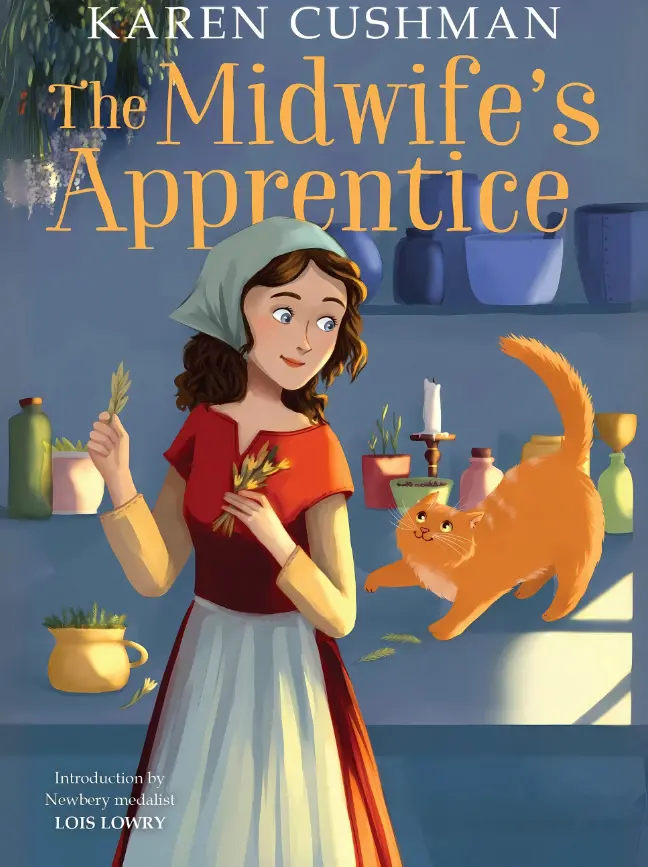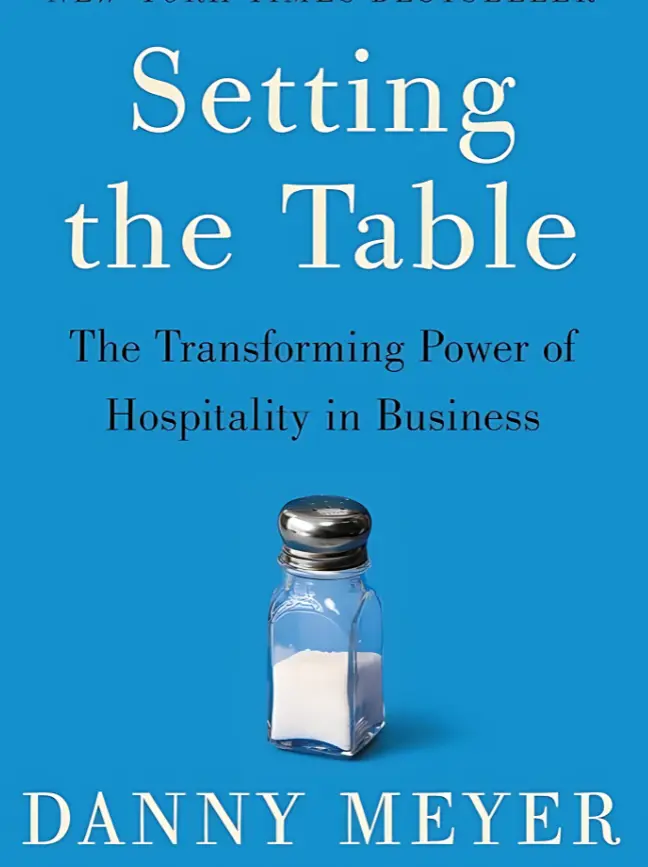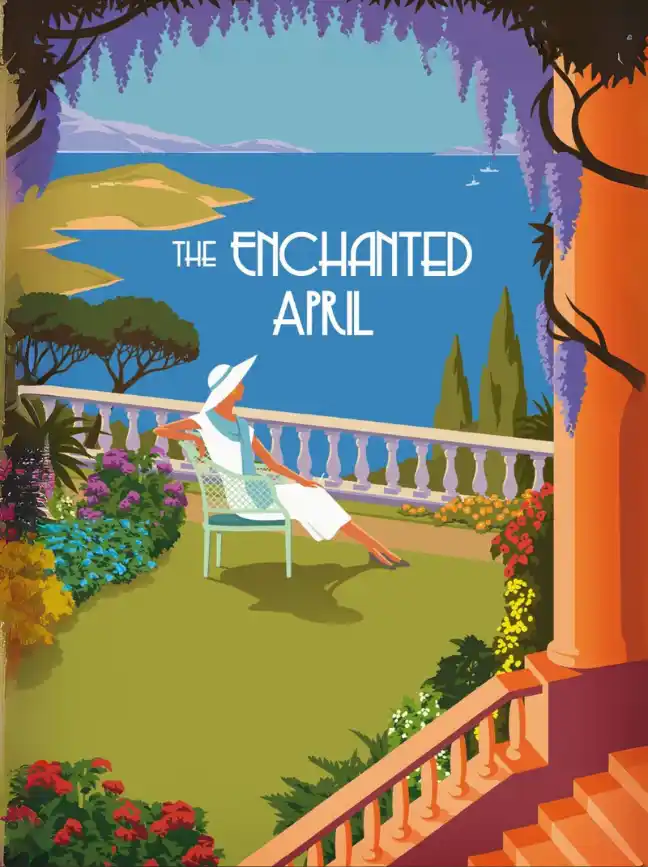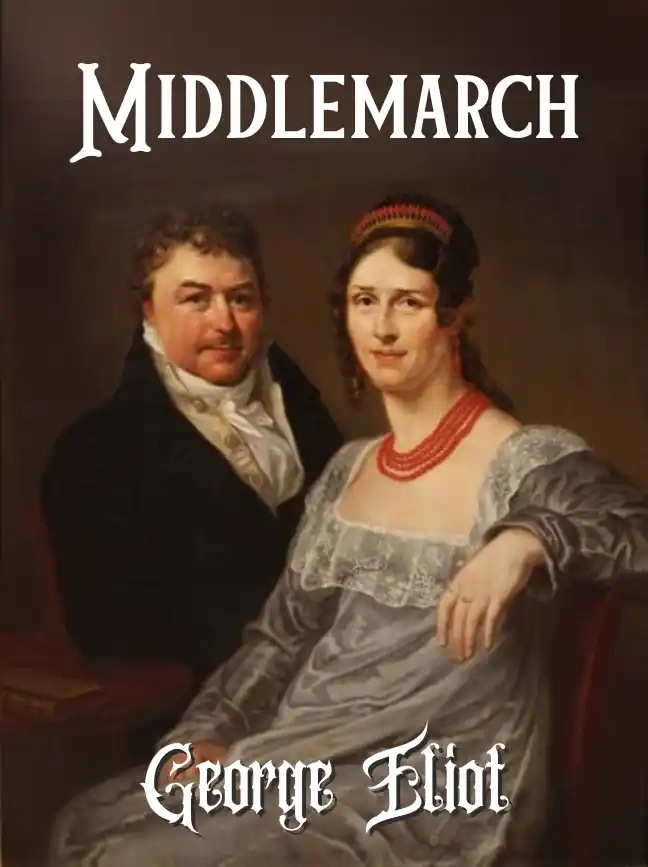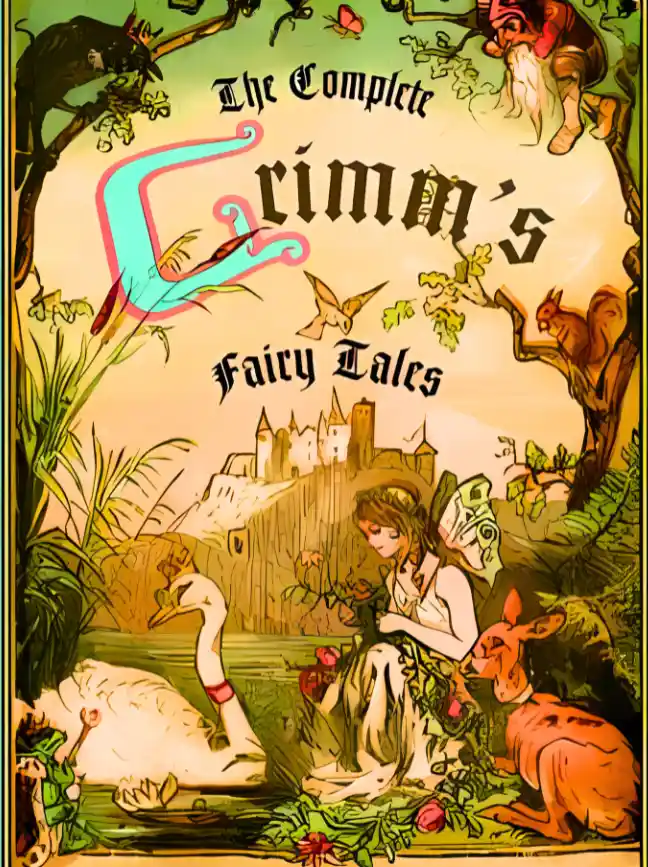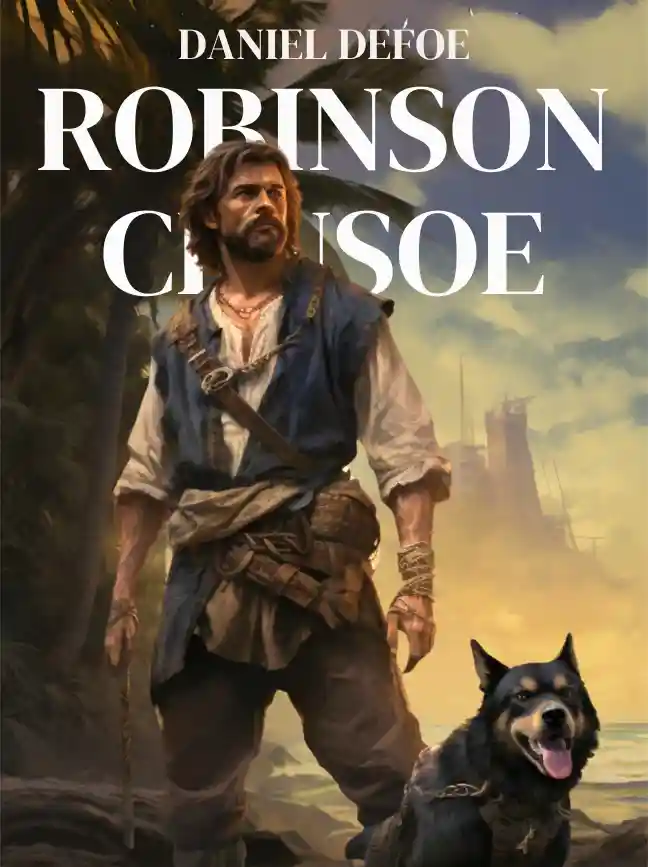O
n Tuesday, Noemí ventured into the cemetery. Catalina had inspired this second trip—“You must look in the cemetery,” she’d said—but Noemí did not expect to find anything interesting there. She thought, however, that she might have a smoke in peace, among the tombstones, since Florence wouldn’t abide a cigarette even in the privacy of her bedroom.
The mist gave the cemetery a romantic aura. She recalled that Mary Shelley had rendezvoused with her future husband in a cemetery: illicit liaisons by a tomb. Catalina had told her this story, just as she had gushed over Wuthering Heights. Sir Walter Scott, that had been another favorite of hers. And the movies. How she’d delighted in the torturous romance of María Candelaria.
Once upon a time Catalina had been engaged to the youngest of the Incláns but had broken it off. When Noemí had asked her why, since he seemed for all intents and purposes a very agreeable man, Catalina had told her she expected more. True romance, she said. True feelings. Her cousin had never quite lost that young-girl wonder of the world, her imagination crowded with visions of women greeting passionate lovers by moonlight. Well, except now. There wasn’t much wonder in Catalina’s eyes, though she did seem lost.
Noemí wondered if High Place had robbed her of her illusions, or if they were meant to be shattered all along. Marriage could hardly be like the passionate romances one read about in books. It seemed to her, in fact, a rotten deal. Men would be solicitous and well behaved when they courted a woman, asking her out to parties and sending her flowers, but once they married, the flowers wilted. You didn’t have married men posting love letters to their wives. That’s
why Noemí tended to cycle through admirers. She worried a man would be briefly impressed with her luster, only to lose interest later on. There was also the excitement of the chase, the delight that flew through her veins when she knew a suitor was bewitched with her. Besides, boys her age were dull, always talking about the parties they had been to the previous week or the one they were planning to go to the week after. Easy, shallow men. Yet the thought of anyone more substantial made her nervous, for she was trapped between competing desires, a desire for a more meaningful connection and the desire to never change. She wished for eternal youth and endless merriment.
Noemí rounded a small cluster of tombs with moss covering the names and dates on them. Leaning back on a broken headstone, she reached into her pocket for her pack of cigarettes. She saw movement nearby, on a mound, a shape half hidden by the mist and a tree.
“Who’s there?” she said, hoping it wasn’t a mountain lion. That would be her luck.
The mist did not allow her to glimpse anything properly. She squinted and stood on her tiptoes, frowning. The shape. She almost thought it had a halo. A yellow or golden coloring, like light refracted for a quick second…
It lives in the cemetery, Catalina said. The words had not frightened her. But now, standing outside, with only a packet of cigarettes and a lighter, she felt exposed and vulnerable, and she couldn’t help but wonder exactly what lived in the cemetery.
Slugs, worms, and beetles, and nothing more, she told herself, sliding her hand into her pocket, clasping her lighter like a talisman. The shape, gray and lacking definition, a blur of darkness against the mist, did not move toward Noemí. It remained still. It might be nothing but a statue. A trick of the light might have made it appear as if it were moving.
Yes, no doubt it had been a trick of the light, just like with the quickly glimpsed halo. She moved away, eager to retrace her steps and head back to the house.
She heard a rustling in the grass and, turning her head sharply, she noticed the shape had vanished. It couldn’t have been a statue.
She was suddenly, unpleasantly, aware of a buzzing, almost like a beehive but not quite. It was loud. Or no, loud was not the right word. She could hear it very clearly. Like the echo in an empty room it seemed to bounce back to her.
It lives in the cemetery.
She ought to get back to the house. It was that way, to her right.
The mist, which had seemed insubstantial and thin as she swung the gate open, had thickened. Noemí tried to think hard whether it was to her right or her left that she should head. She did not want to end up following a wrong trail and bumping into a mountain lion or sliding off a ravine.
It lives in the cemetery.
Right, it was definitely right. The buzzing was also toward the right. Bees or wasps. Well, what if there were bees? It wasn’t as if they’d sting her. She wasn’t going to paw at their hive to get honey.
The sound, though. It was unpleasant. It made her want to go in the opposite direction. Buzzing. Maybe it was flies. Flies as green as emeralds, their fat bodies atop a piece of carrion. Meat, red and raw, and really, why must she think these things? Why must she stand like this, with a hand in her pocket and her eyes wide, anxiously listening…
You must look in the cemetery.
Left, go left. Toward that mist, which seemed even thicker there, thick as gruel.
There came the crunching of a twig under a shoe and a voice, pleasant and warm in the coldness of the cemetery.
“Out for a stroll?” Francis asked.
He wore a gray turtleneck and a navy coat and a matching navy cap. A basket dangled from his right arm. He always seemed rather insubstantial to Noemí, but now, in the mist, he appeared perfectly solid and real. It was exactly what she needed.
“Oh, I could kiss you, I’m so happy to see you,” she said merrily.
He blushed as red as a pomegranate, which was not becoming and was also, frankly, a little funny because he was a bit older than her, a man made. If anyone should play the bashful maid, it should be her. Then again she supposed there weren’t many young women fawning over Francis in this place.
She figured if she ever got him to a party in Mexico City he would be utterly thrilled or petrified, only one of two extremes.
“I’m not sure I’ve done anything to deserve that,” he said, half mumbling the words.
“You deserve it. I can’t seem to figure out where is what in this mist. I was thinking I’d have to spin around and hope there wasn’t a gully nearby and I’d go tumbling right into it. Can you see anything? And do you know the location of the cemetery gates?”
“Of course I know it,” he said. “It’s not that hard if you look down.
There’re all kinds of visual markers to guide you.”
“It feels like having a veil thrust over your eyes,” she declared. “I also fear there are bees nearby and they might sting me. I heard a buzzing.”
He glanced down, nodding, looking at his basket. Now that he was with her, she had regained her levity, and she peered curiously at him.
“What do you have there?” she asked, pointing at the basket. “I’ve been collecting mushrooms.”
“Mushrooms? At a cemetery?” “Sure. They’re all around.”
“As long as you don’t plan to make them into a salad,” she said. “What would be wrong about that?”
“Only the thought of them growing over dead things!”
“But then mushrooms always grow over dead things in a way.”
“I can’t believe you are strolling around in this fog hunting for mushrooms growing on graves. It sounds grim, like you’re a body snatcher from a nineteenth-century dime novel.”
Catalina would have liked that. Perhaps she’d gone mushroom hunting in the cemetery too. Or else she simply stood in this same spot, smiling wistfully as the wind toyed with her hair. Books, moonlight, melodrama.
“Me?” he asked.
“Yes. I bet you have a skull in there. You’re a character out of Horacio Quiroga’s stories. Let me see.”
He had draped a red handkerchief over the basket, which he removed to allow her to inspect the mushrooms. They were a bright, fleshy orange with intricate folds, soft as velvet. She held a small one between her index finger and her thumb.
“Cantharellus cibarius. They’re quite delicious, and they were not growing in the cemetery, but farther away. I merely cut through here to get back home. Locals call them duraznillos. Smell them.”
Noemí leaned down closer to the basket. “They smell sweet.”
“They’re quite lovely too. There’s an important connection between certain cultures and mushrooms, you know? The Zapotec Indians of your country practiced dentistry by giving people a mushroom which would intoxicate them and serve as an anesthetic. And the Aztecs, they too found mushrooms interesting. They consumed them in order to experience visions.”
“Teonanácatl,” she said. “The flesh of the gods.” He spoke eagerly. “You know about fungi, then?”
“No, not really: history. I was thinking of becoming a historian before I detoured and settled on anthropology. At least that is the plan now.”
“I see. Well, I’d love to find those little, dark mushrooms that the Aztecs ate.”
“Why, you don’t strike me as that type of boy,” Noemí said, handing him back the orange mushroom.
“What do you mean?”
“They’re supposed to make you feel drunk and induce a great lust. At least that’s what the Spaniard chroniclers said. Do you plan on
snacking on them and going on a date?”
“No, well, I would not want them, not for that,” Francis quickly babbled.
Noemí liked to flirt and she was good at it, but she could tell by the renewed redness in Francis’s cheeks that he was a novice at this. Had he ever gone dancing? She couldn’t picture him heading to town for a festivity, nor could she see him sneaking kisses in a darkened cinema in Pachuca, though Pachuca was unlikely in the first place since he’d never traveled far. Who knew. Maybe she’d kiss him before the trip was over, and he would be utterly shocked by the gesture.
But then, she was discovering she actually enjoyed his company and didn’t wish to torture the young man.
“I’m joking. My grandmother was Mazatec, and the Mazatec ingest similar mushrooms during certain ceremonies. It’s not about lust, it’s communion. They say the mushroom speaks to you. I understand your interest in them.”
“Why, yes,” he said. “The world is filled with so many extraordinary wonders, isn’t it? You could spend a lifetime peering in forests and jungles and never see one tenth of nature’s secrets.”
He sounded so excited, it was a bit funny. She didn’t have a naturalist bone in her body, but rather than judging his passion ridiculous she was moved by his fervor. He had such life when he spoke like that.
“Do you like all plants, or are your botanical interests limited to mushrooms?”
“I like all plants and have pressed a large share of flowers, leaves, ferns, and such. But mushrooms are more interesting. I make spore prints and draw a little,” he said, looking pleased.
“What’s a spore print?”
“You place the gills on a paper surface and they leave an impression of it. It’s used to help identify mushrooms. And the botanical illustrations, they are beautiful. Such colors. I might… perhaps…”
“Perhaps what?” she asked when he didn’t continue.
He clutched the red piece of cloth in his left hand tightly. “Perhaps you’d like to see the prints sometime? I’m sure it doesn’t sound exciting, but if you find yourself terribly bored it might be a distraction.”
“I would like to, thanks,” she said, helping him out since he seemed to have lost all knowledge of words and was looking mutely at the ground, as if the right sentence might sprout there.
He smiled at her, carefully setting the red handkerchief back on top of the mushrooms. The mist had thinned as they spoke, and now she could see the tombstones, the trees, and the shrubs.
“At last, I am no longer blind,” Noemí said. “There is sunlight!
And air.”
“Yes. You could make your way back on your own,” he replied, a note of disenchantment in his voice as he looked around. “Although you could keep me company for a while longer. If you are not too busy,” he added cautiously.
She had been eager to leave the cemetery a few minutes before, but now it was all peaceful and quiet. Even the mist seemed pleasant. She couldn’t believe she’d been scared. Why, the figure she had seen must have been Francis walking around and poking at the ground for mushrooms.
“I might have a cigarette,” she said and lit one with nimble fingers. She offered him the pack, but Francis shook his head.
“My mother wants to have a chat with you about that,” he said, looking serious.
“Is she going to tell me smoking is a filthy habit again?” Noemí asked as she took a puff and tilted her head up. She liked doing that. It enhanced her long, elegant neck, which was among her finest features and made her feel a bit like a movie star. Hugo Duarte and all the other boys fawning around her certainly thought it was a charming detail.
She was vain, yes. Though she didn’t think it was a sin. Noemí looked a bit like Katy Jurado when she struck the right pose, and of
course she knew what exact pose and angle to strike. But she’d abandoned the theater classes. Nowadays she wished to be a Ruth Benedict or a Margaret Mead.
“Maybe. The family insists on certain healthy habits. No smoking, no coffee, no loud music or noises, cold showers, closed curtains, mild words and—”
“Why?”
“It’s the way it’s always been done at High Place,” Francis said blandly.
“The cemetery sounds more lively,” she said. “Maybe we should fill a flask with whiskey and have a party here, under that pine tree. I’ll blow smoke rings your way, and we can try and find those hallucinogenic mushrooms. And if it turns out they do indeed induce a sort of lust or frenzy and you get fresh with me, I won’t mind one bit.”
She was joking. Anybody would have known it was a joke. Her tone of voice possessed the dramatic intonation that takes place when a woman is giving a grand performance. But he took it all wrong, no longer blushing but paling.
He shook his head. “My mother, she would say that’s wrong, to suggest…it’s wrong…”
He trailed off, though it was not necessary that he elaborate. He seemed plainly disgusted.
She pictured him talking to his mother, whispering, the word filth on his lips and both of them nodding, agreeing. Superior and inferior types, and Noemí did not belong in the first category, did not belong in High Place, did not deserve anything but scorn.
“I don’t care what your mother thinks, Francis,” Noemí said as she dropped the cigarette and crushed it under the heel of her shoe with two vicious stomps. She began walking briskly. “I’m headed back. You’re a complete bore.”
A few steps later she stopped and crossed her arms, turning around.
He had followed her and was close behind.
Noemí took a deep breath. “Let me be. I don’t need you to show me the way.”
Francis bent down and carefully picked up a mushroom that she had accidentally trampled over in her mad dash toward the cemetery gates. It was satiny-white, the stem had broken off from the cap, and he held both in the palm of his hand.
“A destroying angel,” he muttered. “Sorry?” she asked, confused.
“A poisonous mushroom. Its spore print is white, which is how you can distinguish it from an edible one.”
He placed the mushroom back on the ground and stood up, brushing away the dirt from his trousers. “I must seem ridiculous to you,” he said quietly. “A ridiculous fool clutching his mother’s skirts. You’d be right too. I dare not do anything to upset her, or to upset Great Uncle Howard. Especially Uncle Howard.”
He looked at her, and she realized that the contempt in his eyes hadn’t been meant for her, but for himself. She felt awful, and she remembered how Catalina had told her she was capable of leaving deep scars in people if she didn’t watch her scalding tongue.
For all your intelligence, you don’t think sometimes, Catalina had said. How true. There she was, making stories up in her head when he had said nothing cruel to her.
“No. I’m so sorry, Francis. I’m the fool, a court jester,” Noemí said, attempting a sort of lightness in the delivery, hoping he understood she hadn’t meant it, that they might laugh this silly quarrel away.
He nodded slowly, though his face remained doubtful. She extended her hand, lightly touching his fingers, which were stained from gathering mushrooms.
“I’m truly sorry,” she said, this time letting go of any trace of humor.
He looked at her earnestly, his fingers closing around hers, giving a small tug, as if to draw her closer. But just as quickly, he let go, stepped back, and grabbed the red cloth from his basket, handing it to her.
“I’m afraid I’ve gotten you dirty,” he said.
“Yes,”—Noemí glanced at her hand, smudged with soil—”I suppose you have.”
She wiped her hand on the cloth and returned it to him. Francis tucked it back into his pocket and set the basket on the ground.
“You should head back,” he said, looking away. “I still have more mushrooms to collect.”
Noemí wasn’t sure if he was being honest or if he was still hurt and wanted her to leave. If he was, she couldn’t fault him. “Alright. Don’t let the mist swallow you,” she said with a small smile.
She soon reached the cemetery’s gate, swung it open, and glanced back. In the distance, she could see Francis with his basket, his features blurred by the mist curling around him. Yes, he must have been the shadow she’d seen earlier in the cemetery—yet a part of her still doubted it could have been him.
Perhaps it was another kind of ghostly figure, she thought, and immediately regretted her grim imagination. Really, what was wrong with her today?
She made her way back up the path to High Place. Inside the kitchen, Charles was sweeping the floor with an old broom. Noemí offered him a small smile. Just then, Florence entered the room, dressed in gray with her hair pinned up, a double strand of pearls around her neck. Catching sight of Noemí, she clasped her hands.
“Finally, there you are. I’ve been looking all over for you,” Florence said with a frown, glancing down. “You’re trailing mud inside. Take off those shoes.”
“I’m sorry,” Noemí said, looking down at her high heels, which were crusted with dirt and blades of grass. She took them off, holding them in her hands.
“Charles, take those and clean them,” Florence ordered the man. “I can do it. It’s no problem.”
“Let him.”
Charles put the broom aside and walked toward her, extending his hands. “Miss,” he said, the one word.
“Oh,” Noemí replied and handed him the shoes. He took them, grabbed a brush that lay upon a shelf, and sat on a stool in the corner of the room and began brushing the dirt off her high heels.
“Your cousin was asking for you,” Florence said.
“Is she all right?” Noemí asked, immediately worried.
“She’s fine. She was bored and wanted to converse with you.”
“I can go upstairs right away,” Noemí said, her stockinged feet moving quickly against the cold floor.
“There’s no need for that,” Florence said. “She’s taking her nap now.”
Noemí had already stepped into the hallway. She looked back at Florence, who was walking toward her, and shrugged. “Perhaps you could go up later?”
“Yes, I will,” Noemí said, but she felt deflated and a little bad for not having been around when Catalina wanted her.


